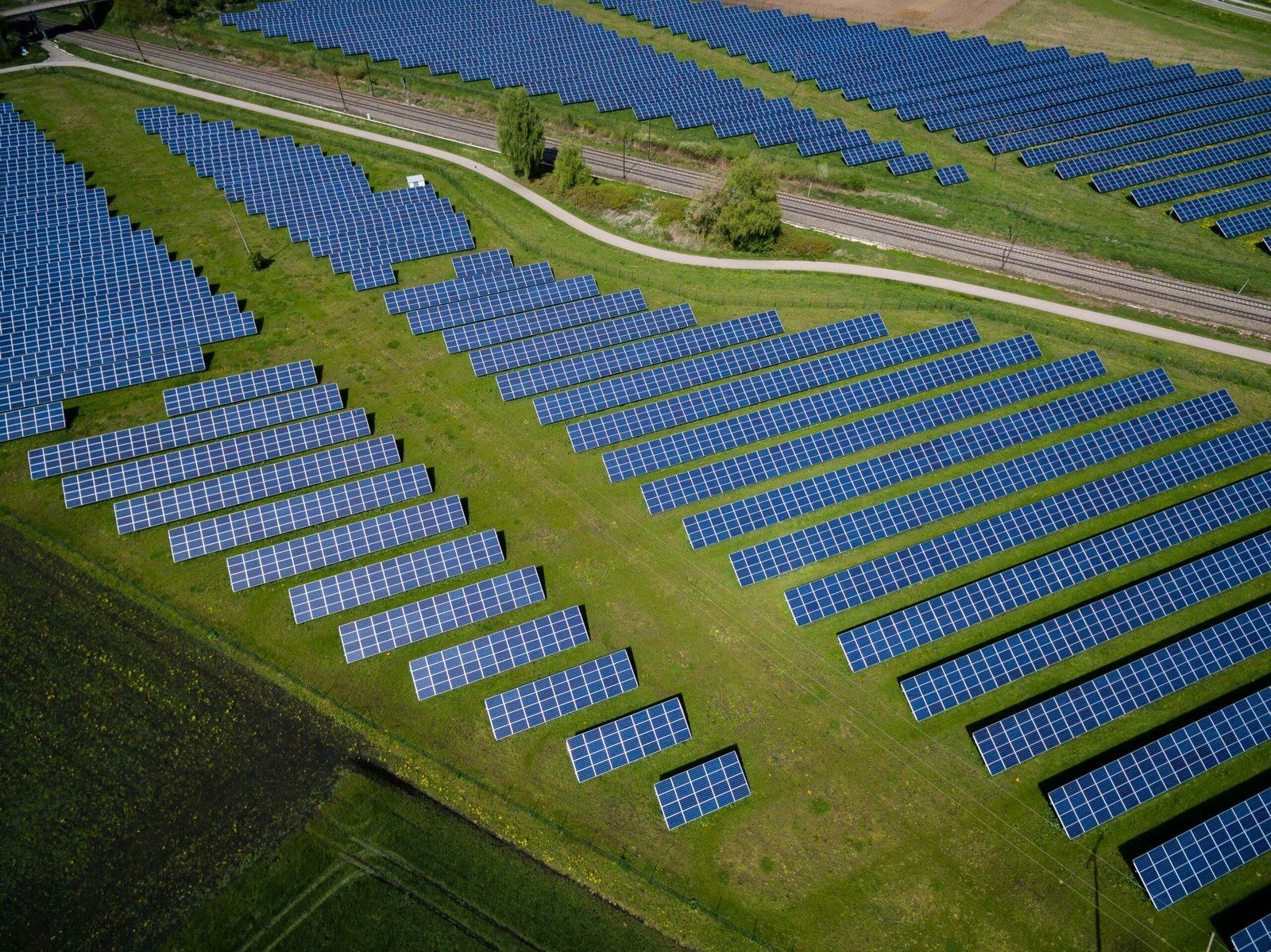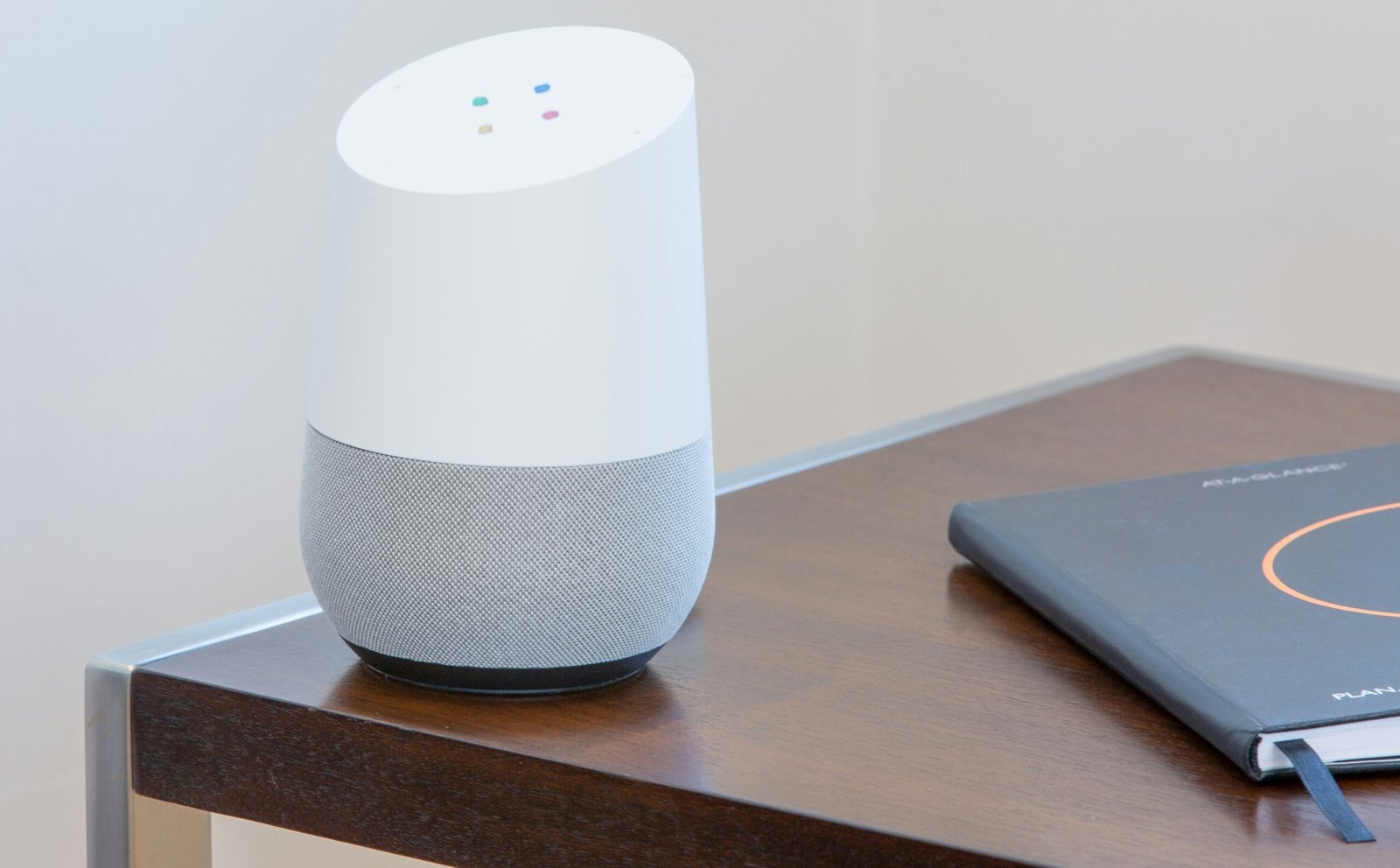The Rise of Solar Power: Energy Independence and Sustainability
In recent years, the adoption of solar power has witnessed a substantial increase, particularly in residential areas. This shift towards solar energy is largely motivated by the desire for energy independence and sustainability. By harnessing the sun’s abundant energy, homeowners can significantly reduce their reliance on traditional fossil fuels while contributing to a cleaner environment. Solar power provides a sustainable alternative that not only cuts down on greenhouse gas emissions but also preserves natural resources for future generations.
One of the key advantages of solar power is the variety of financial incentives available to homeowners. Governments at local, state, and federal levels often offer tax credits, rebates, and other financial incentives designed to make the installation of solar panels more accessible. Such initiatives serve to lower the upfront costs associated with solar energy systems, making it a more attractive investment. In many instances, homeowners can recoup their initial expenditures relatively quickly through the substantial savings on their electricity bills, further enhancing the financial viability of solar energy adoption.
Technological advancements in solar panels have also contributed to the growth of this industry. Recent innovations have led to the development of more efficient, durable, and aesthetically pleasing solar panels. These improvements have made it easier for homeowners to integrate solar energy systems into their existing infrastructure. Moreover, advancements in energy storage solutions, such as batteries, allow individuals to store excess energy generated during sunny days for use during cloudy periods or nighttime. This capability enhances the practicality of solar power, culminating in a greater degree of energy autonomy.
Ultimately, the transition to solar power represents a vital step towards a sustainable future. By investing in solar energy, individuals not only reduce their energy bills but also contribute to a collective effort aimed at mitigating climate change. The rise of solar power as a primary energy source underscores the importance of energy independence and environmental stewardship, fostering a greener and more sustainable society.
Battery Backup Systems: The Key to Consistent Energy Supply
Battery backup systems serve an essential function in the integration of solar power within modern energy systems, as they store excess energy generated during the day for use during nighttime or in the event of power outages. The primary objective of these systems is to ensure a consistent energy supply, ultimately providing users with greater energy resilience. As reliance on renewable energy sources like solar power continues to grow, incorporating an efficient battery backup system becomes increasingly vital.
One of the most significant advantages of utilizing battery backup systems is the ability to engage in peak shaving. This process involves storing excess energy during low-demand periods and using it when demand is at its peak, thereby reducing strain on the grid. Consequently, homeowners can experience significant cost savings on their energy bills. Furthermore, during power outages, these systems enable individuals to maintain power for essential appliances, enhancing overall safety and comfort.
Various battery technologies are available, each with its own set of benefits and applications. Lithium-ion batteries are currently the most popular choice due to their high energy density, efficiency, and compact size. Other options include lead-acid batteries, which are often more affordable, though they have a shorter lifespan and lower efficiency. Flow batteries, another emerging technology, offer scalability and long cycle life, making them suitable for larger installations.
Integrating a battery backup system within a smart home setup provides additional advantages. Such systems can be monitored and managed remotely, allowing homeowners to track energy use patterns and optimize consumption. In conclusion, battery backup systems are indispensable for harnessing the full potential of solar power, offering enhanced energy security, cost savings, and improved reliability within the contemporary energy landscape.
Electric Cars: The Eco-Friendly Transportation Revolution
The transition from traditional gasoline vehicles to electric cars represents a significant shift in the approach to personal transportation, marked by environmental, economic, and technological innovations. The growing popularity of electric vehicles (EVs) can be largely attributed to an increased awareness of environmental issues, including air pollution and climate change. With transportation contributing substantially to greenhouse gas emissions, electric cars offer a cleaner alternative by emitting zero tailpipe emissions, thereby playing a crucial role in reducing overall carbon footprints.
As electric vehicle adoption accelerates, the integration of home charging stations with solar power systems has emerged as a vital component of sustainable energy practices. Homeowners can invest in solar panels, allowing them to generate their own electricity to charge their vehicles. This not only reduces dependence on fossil fuels but also lowers operational costs, as energy sourced from the sun is often cheaper than conventional electricity. Consequently, charging an electric car becomes a seamless part of a sustainable lifestyle, enabling households to utilize renewable energy for their daily transportation needs.
Furthermore, electric cars are evolving into mobile battery systems that can support home energy requirements during peak usage or power outages. With advancements in vehicle-to-grid technology, electric vehicles can discharge stored energy back into the home, thus providing emergency power while simultaneously reducing energy costs. This innovative feature promotes a dynamic synergy between transportation and home energy management systems, making electric cars an integral part of smart homes and energy ecosystems.
The future of electric vehicles is closely linked to the development of smart transportation networks, which prioritize efficiency, reduced traffic, and optimized energy use. As more charging stations become available and smart grid technologies advance, electric cars will play a crucial role in shaping the transportation landscape, paving the way for eco-friendly and interconnected urban environments.
Smart Homes: The Interconnection of Technology for Efficiency
Smart homes represent a significant advancement in residential technology, facilitating seamless integration between solar power systems, battery backups, and electric vehicles. These interconnected devices enable homeowners to automate energy management, optimizing consumption and enhancing overall efficiency. At the core of this innovation are smart home technologies that not only improve convenience but also foster a sustainable lifestyle.
One crucial component of a smart home is the energy management system (EMS), which can intelligently regulate energy use based on real-time data. This system monitors energy generation from solar panels and adjusts consumption patterns accordingly, ensuring that the maximum amount of generated energy is utilized. For instance, when solar power production is high, the EMS can automatically prioritize the use of solar energy for home appliances and electric vehicle charging, reducing reliance on stored energy from battery backups. This functionality not only lowers energy costs but also extends the life of battery systems by preventing deep discharges, which can reduce their efficiency over time.
Moreover, smart homes are equipped with interconnected devices that offer remote monitoring capabilities. Homeowners can access their energy consumption statistics through a centralized app, allowing them to make informed decisions about their energy use. This data-driven approach encourages energy-saving behaviors, such as scheduling heavy appliance operations during peak solar generation hours. The integration of various devices, such as smart thermostats, lighting systems, and appliances, enables them to communicate and collaborate effectively, creating a synchronized ecosystem that enhances comfort and energy efficiency.
In addition to improving energy management, smart homes offer significant convenience. Homeowners can control all connected devices remotely, receiving alerts and notifications via smartphones. The synergy between electric vehicles and smart homes can lead to increased charging efficiency, as homeowners can program their vehicles to charge during off-peak hours when solar energy generation is high. Such advancements illustrate the profound impact of smart home technology on promoting a sustainable and efficient lifestyle.



